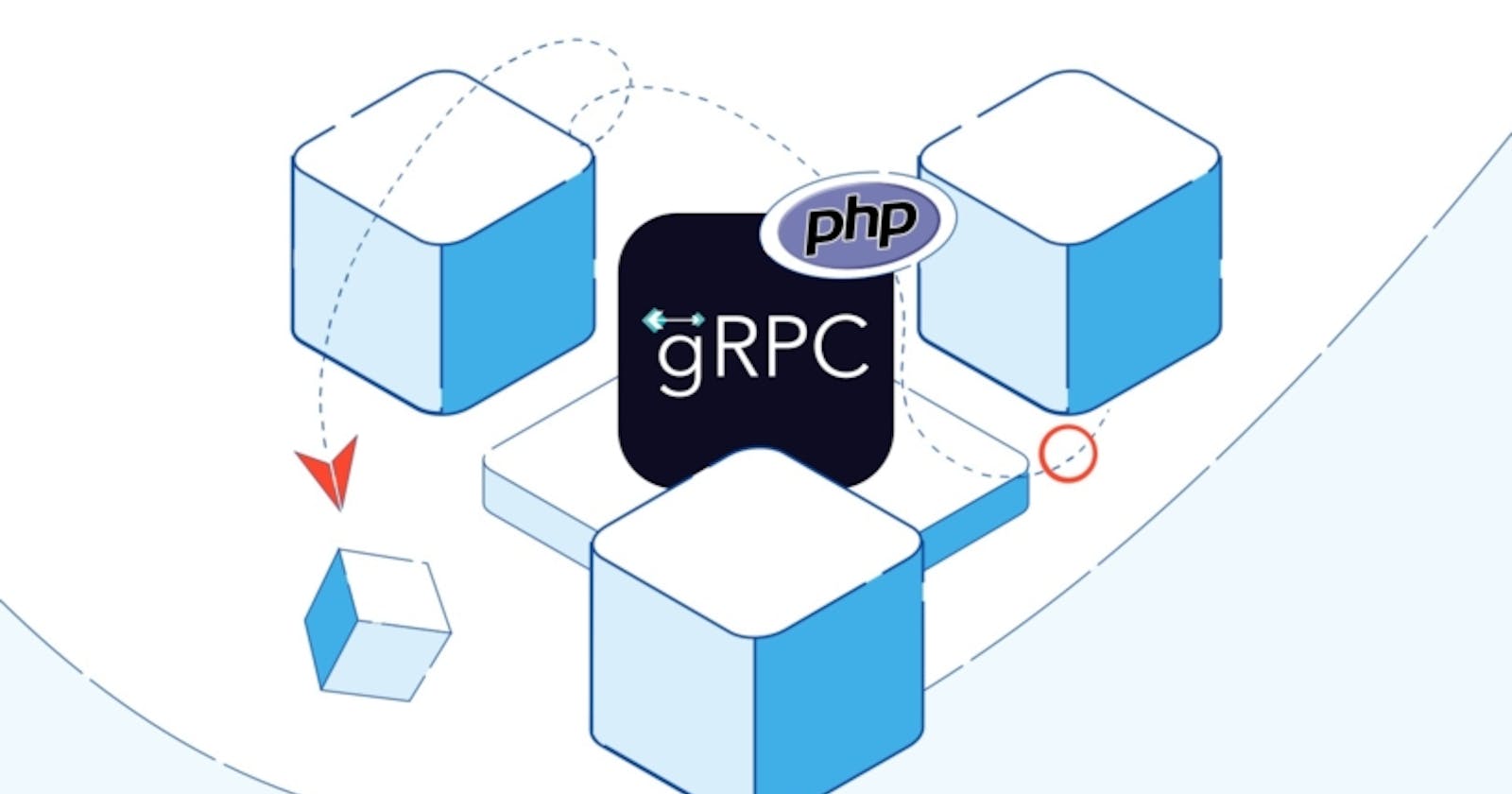Introduction
In the realm of microservices, GRPC has emerged as a formidable player for building efficient and scalable communication systems. Swoole, a high-performance PHP extension, seamlessly integrates with GRPC to unleash a potent combination for crafting high-throughput and low-latency PHP servers. This article delves into the world of Swoole PHP GRPC servers, guiding you through the setup and code examples to harness their power.
Key Advantages:
Unparalleled Performance: Swoole's asynchronous, non-blocking I/O model, coupled with GRPC's efficient protocol, delivers exceptional performance and scalability.
Reduced Server Costs: The ability to handle more requests with fewer resources translates to significant cost savings in server infrastructure.
Ideal for Microservices: The lightweight nature of GRPC and Swoole's suitability for multi-process architectures make them a perfect match for building microservices.
Setting Up a Swoole PHP GRPC Server:
Prerequisites:
Install Swoole:
pecl install swooleInstall the openswoole-grpc extension:
pecl install openswoole-grpcInstall protoc compiler and openswoole/protoc plugin (https://openswoole.com/docs/grpc/grpc-compiler)
Define Protobuf Service:
- Create a
.protofile to define your service's API methods and message types.
- Create a
Generate PHP Stubs:
- Use the protoc compiler with the openswoole-grpc plugin to generate PHP classes from the
.protofile:protoc --plugin=protoc-gen-grpc=/path/to/protoc-gen-grpc --php_out=. --grpc_out=. helloworld.proto
- Use the protoc compiler with the openswoole-grpc plugin to generate PHP classes from the
Implement Service Logic:
- Create a PHP class that extends
OpenSwoole\GRPC\Server\Serviceand implements the methods defined in the.protofile.
- Create a PHP class that extends
Start the Server:
- Create a Swoole HTTP server and register the GRPC service on it.
Code Example:
// helloworld.proto
syntax = "proto3";
service Greeter {
rpc SayHello (HelloRequest) returns (HelloReply) {}
}
message HelloRequest {
string name = 1;
}
message HelloReply {
string message = 1;
}
// server.php
<?php
use OpenSwoole\GRPC\Server;
use OpenSwoole\GRPC\Server\Service;
class GreeterService extends Service
{
public function SayHello(HelloRequest $request)
{
return new HelloReply(['message' => 'Hello ' . $request->getName() . '!']);
}
}
$server = new Server('0.0.0.0:50051');
$server->registerService(GreeterService::class);
$server->start();
Additional Considerations:
Middleware: Swoole GRPC servers support middleware for tasks like authentication, logging, and more.
Worker Context: Share data between workers using
withWorkerContext.Best Practices:
Follow GRPC best practices for defining services and messages.
Structure your code for maintainability and scalability.
Utilize Swoole's features for handling concurrency and performance optimization.
Conclusion
Swoole PHP GRPC servers offer a compelling solution for building high-performance, scalable microservices in PHP. By leveraging Swoole's asynchronous capabilities and GRPC's efficient protocol, developers can create robust and efficient services that can handle demanding workloads with ease.
